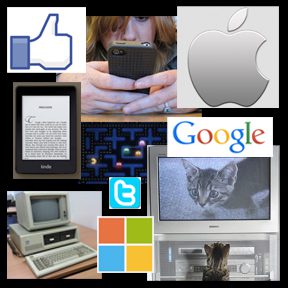The pervasiveness of social media forces us to ask new questions about how we live together in healthy, just ways. Sometimes the social media questions have to do with global questions of free speech and oppression. Sometimes, however, they have to do with how we live rightly as friends, families, colleagues, and neighbors.
 A recent article in the “Fashion and Style” section of the New York Times responds to the question of whether it is appropriate or not to post the death on Facebook. Here’s the letter that Philip Galanes, advice columnist for the Times, uses to set up the problem:
A recent article in the “Fashion and Style” section of the New York Times responds to the question of whether it is appropriate or not to post the death on Facebook. Here’s the letter that Philip Galanes, advice columnist for the Times, uses to set up the problem:
A few hours after my ex-husband died, our son (in his early 20s) tweeted the news and posted it on his Facebook page. I was appalled. And my ex’s widow was (and remains) furious with him about it. The only person who doesn’t see anything wrong with his behavior is my son. Is there a generation gap at work here, or did he make a serious gaffe? – Carole, New York
Here’s the essence of Galanes’ response:
To me, Facebook and Twitter are too chilly for sharing tragedies with our nearest and dearest. Not to mention that these posts would be sandwiched between gags by Jimmy Fallon and clips of Honey Boo Boo. On the other hand, social media seem well suited for spreading the word to workaday pals — after our first- (and possibly second-) tier folks have been notified. . . .
But for your son, who probably picks up the phone to speak rarely, if ever, his impulse would be to text and tweet and post his sad news on Facebook.
I think Carole asks the right question when she wonders, “Is there a generation gap at work here?” Though there are some senior citizens who spend a great deal of time on Facebook, and though there are some in the under-25 crowd by eschew social media, for the most part we do have a wide generation gap when it comes to the role of social media in people’s lives. For Carole’s son, it was completely natural to share on Facebook something significant in his life. It’s how he communicates with his friends – both the Facebook and the embodied variety. It’s a way of notifying people and of seeking emotional support.
In a world permeated by social media, yet in which different sub-cultures engage social media differently, how can we live together in a way that is mutually respectful and kind? What do you think?












